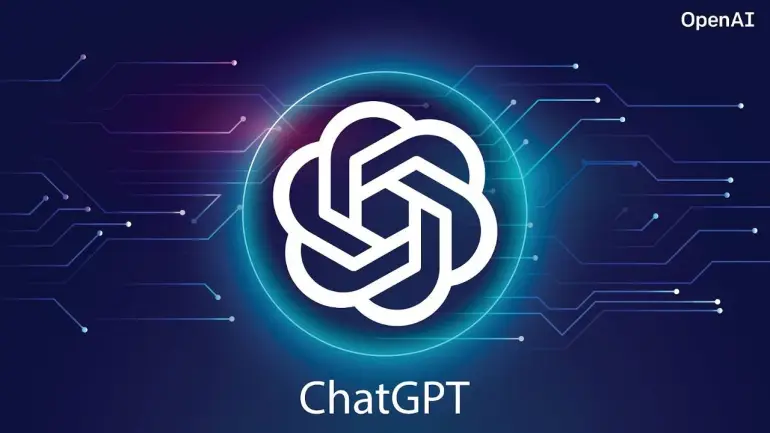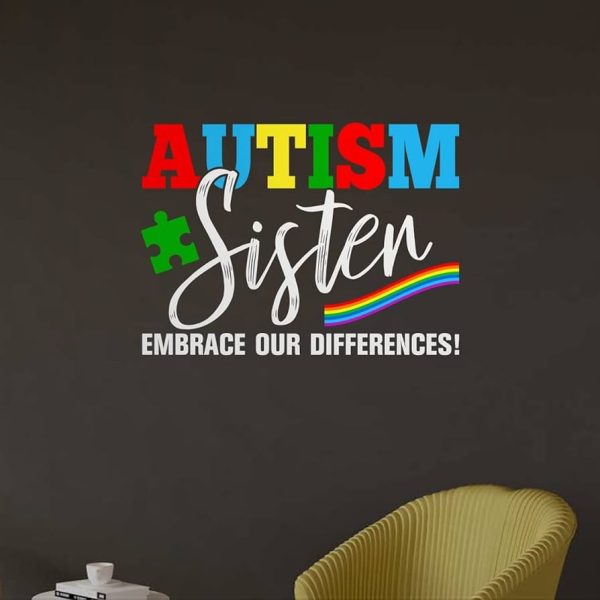How ChatGPT is Impacting Our Society
May 11, 2023
ChatGPT is an artificial intelligence chatbot developed by OpenAI and released in November 2022. It is built based on OpenAI’s foundational large language models and has recently been fine-tuned through a combination of techniques. This new tool has taken technology by storm and revolutionized many aspects of our society. It has many helpful and beneficial uses, but some apparent issues have also prevailed.
While ChatCPT is undoubtedly a valuable tool for many individuals and has numerous positive parts, there are also certain negative aspects that should be considered. For example, some of the biggest pros to having artificial intelligence easily accessible include the following:
- Automation. AI can automate repetitive or mundane tasks, saving time and improving efficiency.
- Accuracy. AI can perform complex calculations and analyses with high levels of accuracy, which can help reduce errors and improve decision-making.
- Personalization. AI can be used to personalize experiences, such as recommendations for products or content based on individual preferences.
- Efficiency. AI can optimize processes and workflows to improve efficiency and reduce waste.
- Predictive capabilities: AI can be used to predict outcomes or trends, which can inform decision-making and help organizations plan for the future.
- Accessibility. AI can be used to create new technologies that improve accessibility for people with disabilities, such as speech recognition software or assistive robotics.
- Innovation. AI can drive innovation and new discoveries in a wide range of fields, such as medicine, engineering, and finance.
AI has the potential to improve efficiency, accuracy, and personalization in a wide range of applications, which can benefit individuals and organizations alike. It is highly probable that this tool will play a significant role in our society’s future, but it is essential to acknowledge that there are also potential drawbacks and negative consequences associated with its use. These include:
- Job loss. One of the biggest concerns about AI is that it may lead to job loss in specific industries. As machines become more intelligent and able to perform tasks previously done by humans, there is a risk that many jobs may become automated, leaving some people without work.
- Bias. AI algorithms are only as unbiased as the data that they are trained on. If the data used to train an AI system is biased in some way, then the system may perpetuate that bias. This could lead to unfair treatment of particular groups of people, particularly those who are already disadvantaged.
- Privacy concerns. AI systems often rely on large amounts of data to operate effectively. However, this can raise concerns about privacy, mainly if the data being used includes personal information about individuals. There is a risk that this data could be used in ways that are harmful or violate individuals’ privacy rights.
- Security risks. AI systems can also pose security risks if they are hacked or otherwise compromised. This could allow malicious actors to access sensitive information or control critical systems.
- Lack of transparency. AI algorithms can be complex and challenging to understand, which can make it difficult for people to know how they are being used or why certain decisions are being made. This lack of transparency can make holding AI systems accountable for their actions challenging.
- Dependence. As AI becomes more prevalent, there is a risk that people will become too dependent on it and may not have the skills or knowledge to perform specific tasks without it.
Addressing these risks is crucial as AI develops and becomes more integrated into society. This includes developing policies and regulations that can help mitigate the risks associated with AI and ensuring that AI systems are developed and used in an ethical and responsible manner.
In essence, ChatGPT is a tremendously valuable and powerful tool in moderation. However, when used excessively or inappropriately, it can pose potential dangers and cease to be beneficial. The way in which people choose to use this tool will determine whether it becomes a tool that they can vigorously integrate into their current knowledge or something they become overly reliant on and take advantage of.











